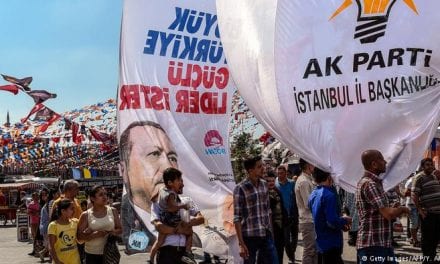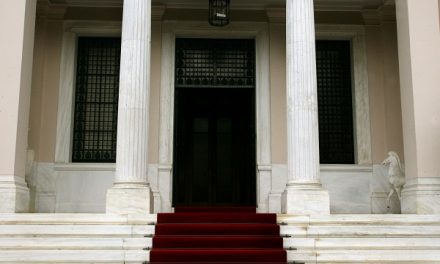The Economist
A DOWNTURN can clear the field of rivals. A deep recession, to say nothing of a chaotic currency redenomination, makes it hard for anything to grow. “The scenarios that are now on the table are ones that you cannot affect as a company,” says John Lappas, whose firm runs the Greek franchises for Mothercare and Early Learning Centre, two child-focused retail brands owned by the Mothercare group.
Mr Lappas and his colleagues have done a good job of negotiating Greece’s recession to date. Sales in the first five months of the year were down by 7%, a pretty decent outcome all things considered. He has closed only one store in Greece so far, cutting costs by paying less on rent and by not replacing workers when they leave. Wages have been left untouched: saving a few euros on a person who has to provide excellent customer service is a false economy, he says.
The liquidity crunch that afflicts most Greek firms is less severe for Mr Lappas, whose group raised equity in 2011 and whose suppliers have kept credit lines open. Margins are lower, however, squeezed by the need to cut prices to keep customers interested, and the impact of higher input costs caused by oil prices and rising Chinese wages.
The prospect of a Greek exit from the euro, a possibility deferred but not removed by this weekend’s election, would make life far harder. Mothercare products are imported from abroad, and there is not much that Mr Lappas can do to cushion the firm, at least over the long term, against the devaluation of a new drachma. Many more stores would close.
Diversification would offer some protection. The firm is also Mothercare’s franchisee in other countries in the region. Mr Lappas’s firm has interests in domestic energy production, too, which would work to his advantage in the event of a reintroduced drachma as the costs of imported energy rise. But what the likes of Mr Lappas and his private-sector colleagues really crave is enough stability at home to entice foreign investment, and restart the Greek economy. “Hope has to be established,” he says. “People have lost hope.”



















